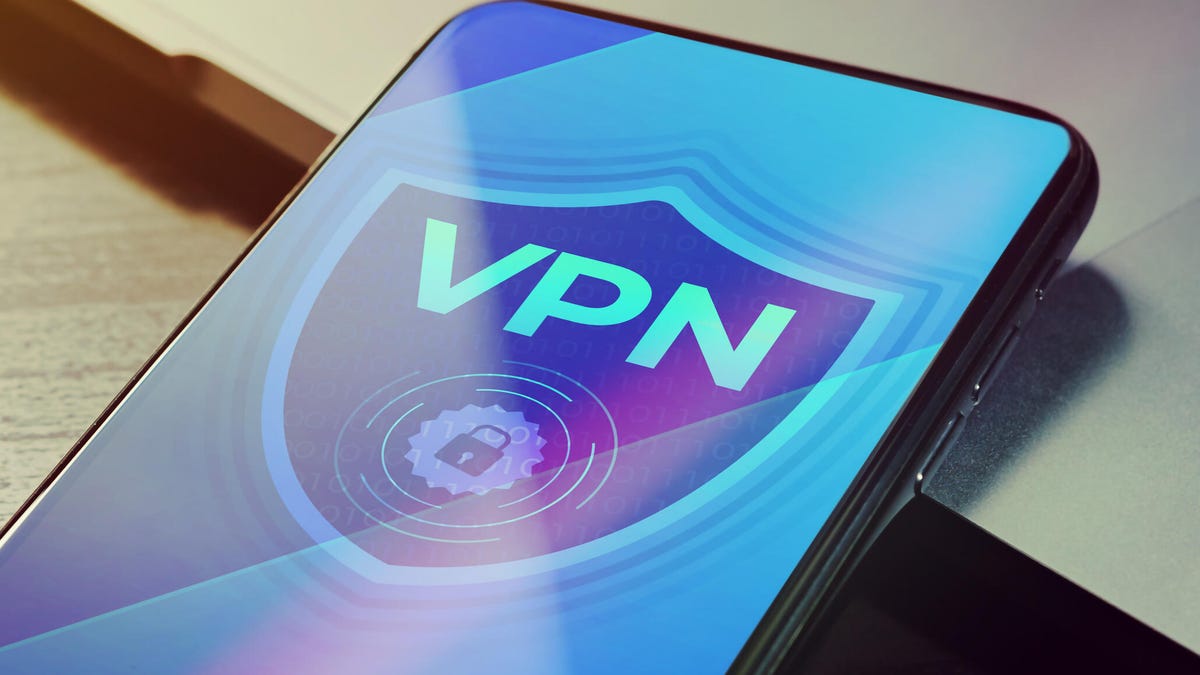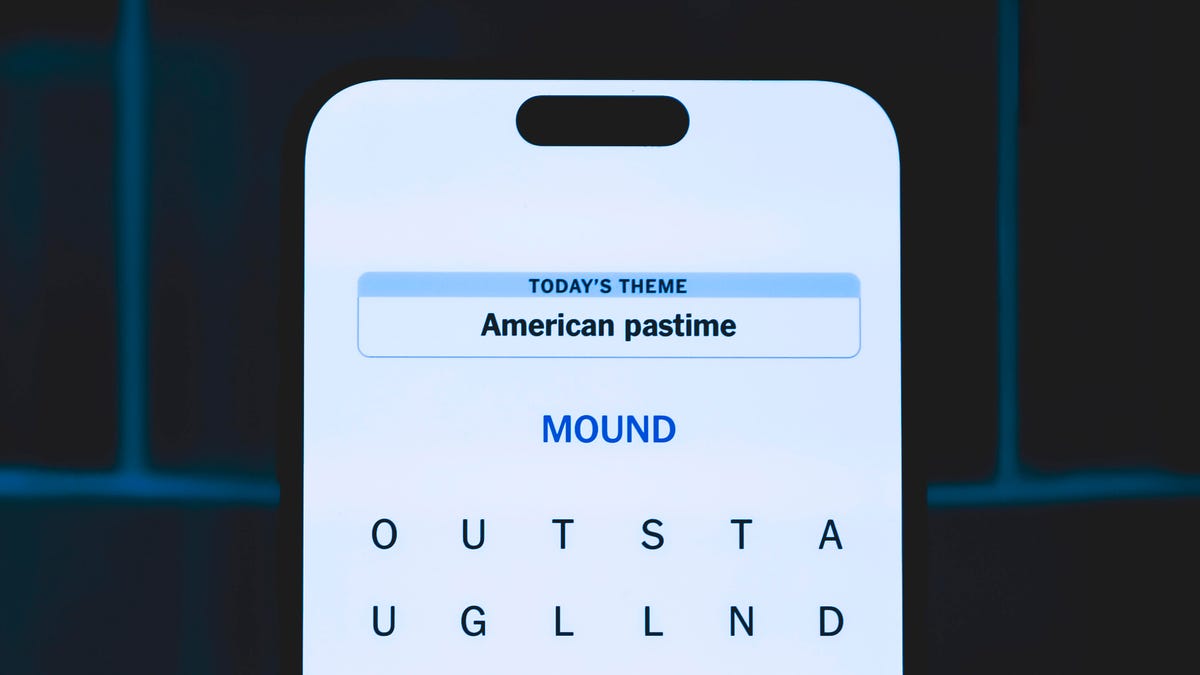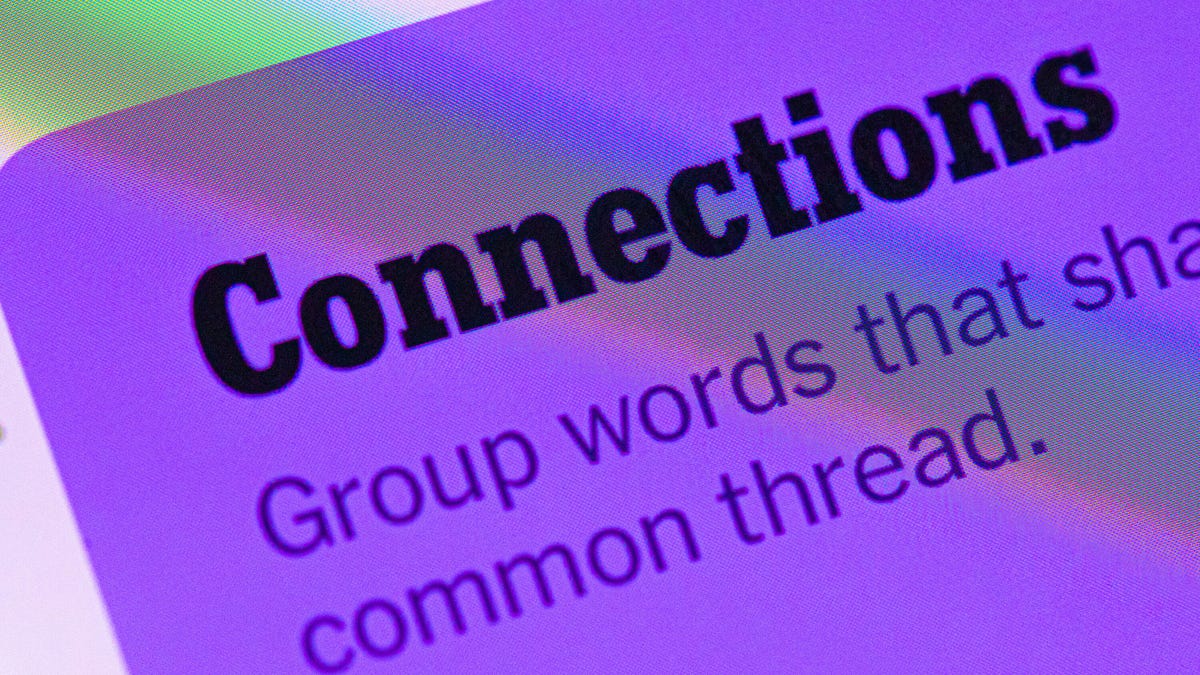Technologies
Best Mobile VPN of 2022
Use the best VPN for your mobile device to boost your browsing security.

Whether you prefer to use an Android phone or an iPhone, a top-performing VPN for mobile is a good way to improve your privacy while you’re on the go. The best mobile VPN can help you avoid intrusive, location-based advertising and prevent your internet provider from tracking which sites you visit. It will also give you an extra layer of protection when you’re logging into your personal sites on public Wi-Fi. A bonus is that a VPN comes in handy for dodging restrictions on your favorite streaming services while you travel.
The battle for the best mobile VPN has been ramping up as the industry’s three biggest providers continue to roll out competitive privacy apps for iPhones and Android devices. Apple and Google have both recently broadened their mobile encryption offerings as well. But if you’re serious about your mobile privacy, nothing can take the place of an unaffiliated and independent VPN on your phone. That’s what you’ll find here in our list of recommendations for the best mobile VPN.
Keep in mind that there may be limits to the privacy VPN services currently offer iOS users. According to recent independent research, iOS (and some MacOS) users’ browsing and internet data may be sent to Apple despite the protections offered by an encrypted VPN tunnel. We’ll continue to update our recommendations as more information surfaces around this issue.
This is essentially a subset of our main best VPN list. That’s due to the fact that during our VPN research and hands-on testing process, we closely scrutinize each service’s mobile VPN app experience. While not every service is the best VPN to use with your phone, an increasingly mobile-first approach among most top VPN service providers has, in this case, paid off for subscribers. Most recently, the reigning champions on CNET’s overall best VPN list have made competitive strides with their product’s mobile VPN offering for both Android and Apple devices, and we expect that trend to continue.
For that same reason, this best mobile VPN list currently reflects the same rankings you’ll find on this list of the best iPhone VPNs and the best Android VPNs. If and when a VPN provider offers a mobile client more closely tailored to the environment of either of those phones, you’ll see those changes reflected in their respective directory.
As always, I strongly urge you to avoid free VPNs and instead use a thoroughly tested, paid VPN whenever possible. I’m actively working on more testing and research, so keep checking back. This list will be updated periodically as CNET stays on top of security improvements, user-friendliness, speed rankings and cost value for each of these mobile VPN apps.
More VPN advice
Technologies
Wisconsin Reverses Decision to Ban VPNs in Age-Verification Bill
The law would have required websites to block VPN users from accessing «harmful material.»

Following a wave of criticism, Wisconsin lawmakers have decided not to include a ban on VPN services in their age-verification law, making its way through the state legislature.
Wisconsin Senate Bill 130 (and its sister Assembly Bill 105), introduced in March 2025, aims to prohibit businesses from «publishing or distributing material harmful to minors» unless there is a reasonable «method to verify the age of individuals attempting to access the website.»
One provision would have required businesses to bar people from accessing their sites via «a virtual private network system or virtual private network provider.»
A VPN lets you access the internet via an encrypted connection, enabling you to bypass firewalls and unblock geographically restricted websites and streaming content. While using a VPN, your IP address and physical location are masked, and your internet service provider doesn’t know which websites you visit.
Wisconsin state Sen. Van Wanggaard moved to delete that provision in the legislation, thereby releasing VPNs from any liability. The state assembly agreed to remove the VPN ban, and the bill now awaits Wisconsin Governor Tony Evers’s signature.
Rindala Alajaji, associate director of state affairs at the digital freedom nonprofit Electronic Frontier Foundation, says Wisconsin’s U-turn is «great news.»
«This shows the power of public advocacy and pushback,» Alajaji says. «Politicians heard the VPN users who shared their worries and fears, and the experts who explained how the ban wouldn’t work.»
Earlier this week, the EFF had written an open letter arguing that the draft laws did not «meaningfully advance the goal of keeping young people safe online.» The EFF said that blocking VPNs would harm many groups that rely on that software for private and secure internet connections, including «businesses, universities, journalists and ordinary citizens,» and that «many law enforcement professionals, veterans and small business owners rely on VPNs to safely use the internet.»
More from CNET: Best VPN Service for 2026: VPNs Tested by Our Experts
VPNs can also help you get around age-verification laws — for instance, if you live in a state or country that requires age verification to access certain material, you can use a VPN to make it look like you live elsewhere, thereby gaining access to that material. As age-restriction laws increase around the US, VPN use has also increased. However, many people are using free VPNs, which are fertile ground for cybercriminals.
In its letter to Wisconsin lawmakers prior to the reversal, the EFF argued that it is «unworkable» to require websites to block VPN users from accessing adult content. The EFF said such sites cannot «reliably determine» where a VPN customer lives — it could be any US state or even other countries.
«As a result, covered websites would face an impossible choice: either block all VPN users everywhere, disrupting access for millions of people nationwide, or cease offering services in Wisconsin altogether,» the EFF wrote.
Wisconsin is not the only state to consider VPN bans to prevent access to adult material. Last year, Michigan introduced the Anticorruption of Public Morals Act, which would ban all use of VPNs. If passed, it would force ISPs to detect and block VPN usage and also ban the sale of VPNs in the state. Fines could reach $500,000.
Technologies
Today’s NYT Strands Hints, Answers and Help for Feb. 21 #720
Here are hints and answers for the NYT Strands puzzle for Feb. 21, No. 720.

Looking for the most recent Strands answer? Click here for our daily Strands hints, as well as our daily answers and hints for The New York Times Mini Crossword, Wordle, Connections and Connections: Sports Edition puzzles.
Today’s NYT Strands puzzle might be easy for those who pursue a certain hobby. Some of the answers are difficult to unscramble, so if you need hints and answers, read on.
I go into depth about the rules for Strands in this story.
If you’re looking for today’s Wordle, Connections and Mini Crossword answers, you can visit CNET’s NYT puzzle hints page.
Read more: NYT Connections Turns 1: These Are the 5 Toughest Puzzles So Far
Hint for today’s Strands puzzle
Today’s Strands theme is: The beer necessities.
If that doesn’t help you, here’s a clue: Cheers!
Clue words to unlock in-game hints
Your goal is to find hidden words that fit the puzzle’s theme. If you’re stuck, find any words you can. Every time you find three words of four letters or more, Strands will reveal one of the theme words. These are the words I used to get those hints but any words of four or more letters that you find will work:
- MALE, TREAT, STEAM, TEAM, MOVE, LOVE, ROVE, ROVER, SPEAR, PEAR
Answers for today’s Strands puzzle
These are the answers that tie into the theme. The goal of the puzzle is to find them all, including the spangram, a theme word that reaches from one side of the puzzle to the other. When you have all of them (I originally thought there were always eight but learned that the number can vary), every letter on the board will be used. Here are the nonspangram answers:
- HOPS, WATER, MALT, YEAST, BARLEY, SUGAR, WHEAT, FLAVOR
Today’s Strands spangram
Today’s Strands spangram is HOMEBREW. To find it, start with the H that’s three letters to the right on the top row, and wind down.
Technologies
Today’s NYT Connections Hints, Answers and Help for Feb. 21, #986
Here are some hints and the answers for the NYT Connections puzzle for Feb. 21 #986.

Looking for the most recent Connections answers? Click here for today’s Connections hints, as well as our daily answers and hints for The New York Times Mini Crossword, Wordle, Connections: Sports Edition and Strands puzzles.
Today’s NYT Connections puzzle features another of those purple categories where you need to look for hidden words inside of other words. It can be a real stumper. Read on for clues and today’s Connections answers.
The Times has a Connections Bot, like the one for Wordle. Go there after you play to receive a numeric score and to have the program analyze your answers. Players who are registered with the Times Games section can now nerd out by following their progress, including the number of puzzles completed, win rate, number of times they nabbed a perfect score and their win streak.
Read more: Hints, Tips and Strategies to Help You Win at NYT Connections Every Time
Hints for today’s Connections groups
Here are four hints for the groupings in today’s Connections puzzle, ranked from the easiest yellow group to the tough (and sometimes bizarre) purple group.
Yellow group hint: Rookies don’t have this.
Green group hint: Call the roll.
Blue group hint: How’d you do today?
Purple group hint: Vroom-vroom, but with a twist.
Answers for today’s Connections groups
Yellow group: Experience.
Green group: Attendance status.
Blue group: Commentary about your Connections results.
Purple group: Car brands plus two letters.
Read more: Wordle Cheat Sheet: Here Are the Most Popular Letters Used in English Words
What are today’s Connections answers?
The yellow words in today’s Connections
The theme is experience. The four answers are background, history, life and past.
The green words in today’s Connections
The theme is attendance status. The four answers are absent, excused, late and present.
The blue words in today’s Connections
The theme is commentary about your Connections results. The four answers are great, perfect, phew and solid.
The purple words in today’s Connections
The theme is car brands plus two letters. The four answers are audits (Audi), Dodgers (Dodge), Infinitive (Infiniti) and Minion (Mini).
-

 Technologies3 года ago
Technologies3 года agoTech Companies Need to Be Held Accountable for Security, Experts Say
-

 Technologies3 года ago
Technologies3 года agoBest Handheld Game Console in 2023
-

 Technologies3 года ago
Technologies3 года agoTighten Up Your VR Game With the Best Head Straps for Quest 2
-

 Technologies4 года ago
Technologies4 года agoBlack Friday 2021: The best deals on TVs, headphones, kitchenware, and more
-

 Technologies5 лет ago
Technologies5 лет agoGoogle to require vaccinations as Silicon Valley rethinks return-to-office policies
-

 Technologies5 лет ago
Technologies5 лет agoVerum, Wickr and Threema: next generation secured messengers
-

 Technologies4 года ago
Technologies4 года agoOlivia Harlan Dekker for Verum Messenger
-

 Technologies4 года ago
Technologies4 года agoiPhone 13 event: How to watch Apple’s big announcement tomorrow
